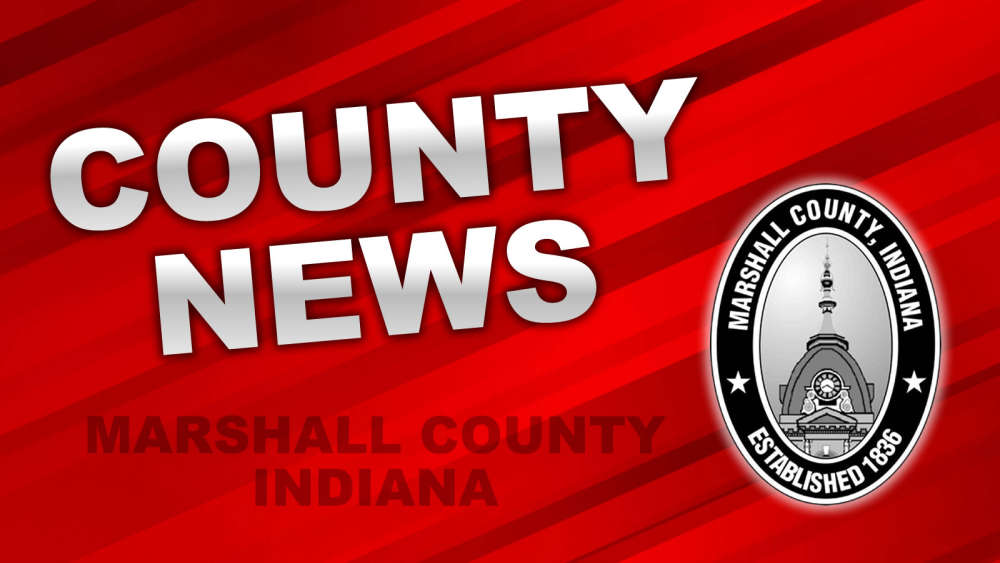
Annette Haining from Marshall County Hope asked the Marshall County Commissioners if they would give the organization their Opioid Restricted Funds.
The State of Indiana reached multiple settlements with major pharmaceutical companies, distributors, and related firms as part of the State’s ongoing commitment to accountability in addressing substance use. The settlements will provide Indiana with more than $980 million over an 18-year period.
Ind. Code §4-6-15 governs the distribution of restricted funds. The types of eligible expenditures include prevention initiatives such as programs aimed at educating the public about the dangers of opioid use and providing resources to prevent addiction. Funds can be used for recovery services like treatment programs, recovery support groups, and rehabilitation services that help individuals overcome opioid addiction. Finally, the restricted fund can be used for Public Health Programs. This includes initiatives that promote health and safety, such as overdose prevention, access to naloxone, and healthcare services for those affected by opioid use.
Haining told the commissioners that 4,794 adults in Marshall County need treatment for substance use but are not receiving it. She said it was estimated that there are 6,640 people aged 18 and over with a substance use disorder in Marshall County. Marshall County Hope has statistics from this past year that show 6,789 adults having used marijuana, 1,252 with misuse of opioids, 529 with cocaine use, and 474 using methamphetamine.
The services provided by Marshall County Hope, Peer Service, Collaboration, and Education along with Resource Connections, and Support fulfill the requirements for use of the county’s Restricted Opioid Funds.
Commissioner Jesse Bohannon said they didn’t want to get ahead of the budgeting process. He suggested she appear before the County Council and ask them to budget the Opioid Restricted Funds for Project Hope. The commissioner also commented on Senate Bill 1 and the projected impact on Marshall County. Bohannon said the county could lose $2 million in 2026, $4 million in 2027, and $5.5 million in 2028. He said until SB1 is approved, and the county knows the impacts the county doesn’t want to make commitments they might not be able to fulfill.
Commissioner Stan Klotz asked the County Auditor if the JCAP program in the jail is funded by the Opioid Restricted Funds, and she told him the program is funded through the LIT (local income tax) Special Purpose. The Auditor said the JCAP Director position would qualify for Restricted Fund use.
Annette Haining from Marshall County Hope said they would attend the County Council meeting with their request for the Opioid Restricted Funds and the Commissioners took no action.


 SW Parke School Board votes to close Montezuma Elementary
SW Parke School Board votes to close Montezuma Elementary
 Groundbreaking for $10B Meta data center campus at LEAP District
Groundbreaking for $10B Meta data center campus at LEAP District
 Indiana to receive over $6M in EpiPen settlement
Indiana to receive over $6M in EpiPen settlement
 Monrovia enters regional clash knowing what to expect
Monrovia enters regional clash knowing what to expect
 Parke Heritage embraces 'underdog' role in upcoming regional
Parke Heritage embraces 'underdog' role in upcoming regional
 Several contested races await Parke County voters
Several contested races await Parke County voters
 ISP protect Hoosier kids from online predators
ISP protect Hoosier kids from online predators
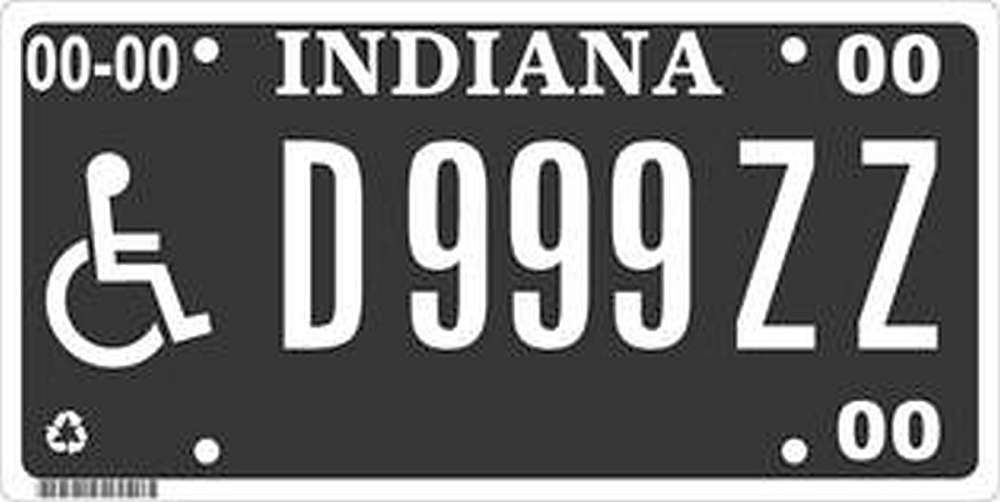 Indiana BMV to offer Disability Blackout plate
Indiana BMV to offer Disability Blackout plate
 U.S. Postal Service to observe Presidents Day, Feb. 16
U.S. Postal Service to observe Presidents Day, Feb. 16
 Lucas Oil named title partner of 500 Festival Parade
Lucas Oil named title partner of 500 Festival Parade
 Applications open for new United Way of Central Indiana initiative to build community solutions
Applications open for new United Way of Central Indiana initiative to build community solutions
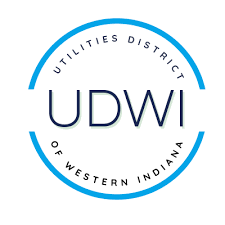 Utilities District of Western Indiana REMC announces increases over next three years
Utilities District of Western Indiana REMC announces increases over next three years
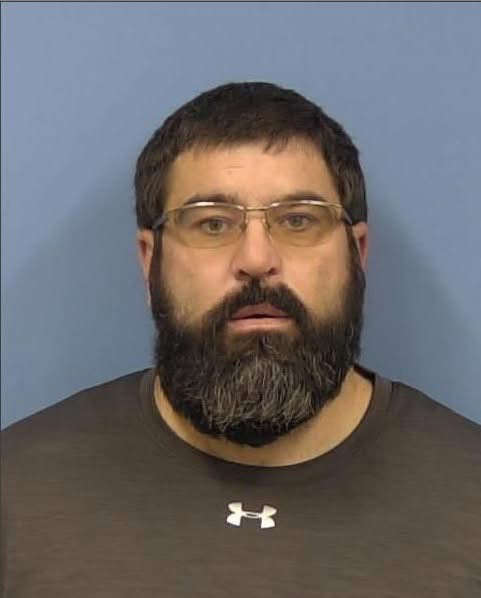 Fountain County man arrested on sex crime charges, Parke County investigation remains
Fountain County man arrested on sex crime charges, Parke County investigation remains
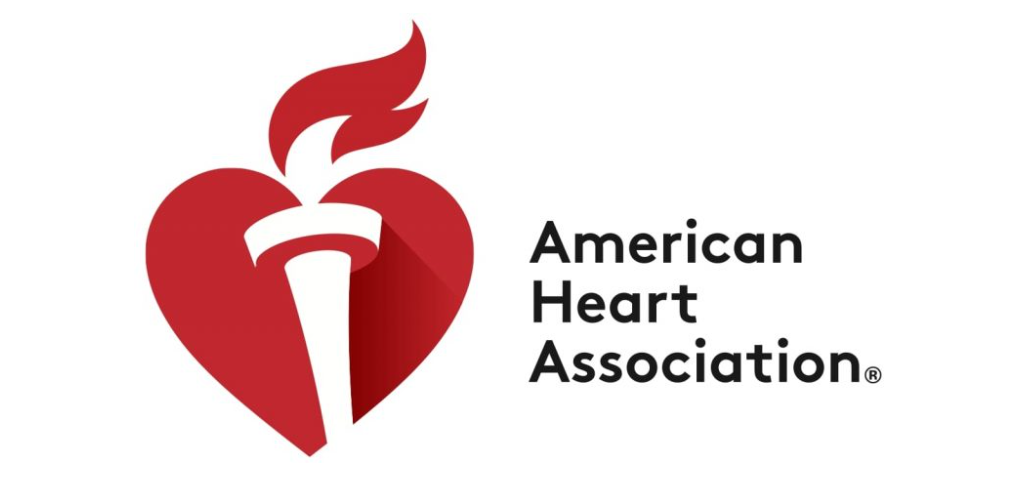 Friday is National Wear Red Day
Friday is National Wear Red Day
 Vermillion County DCS worker facing felonies
Vermillion County DCS worker facing felonies
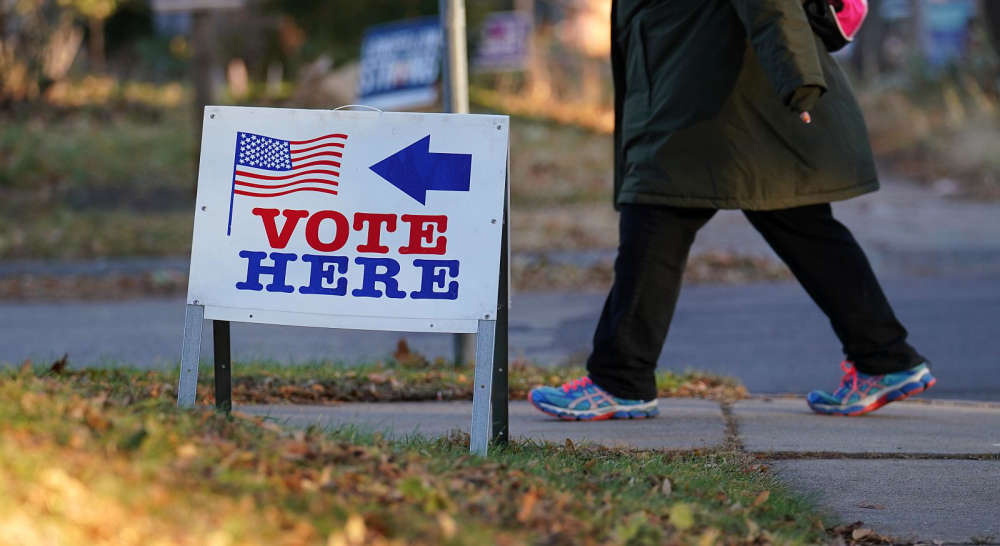 One week left to file for office in Indiana
One week left to file for office in Indiana
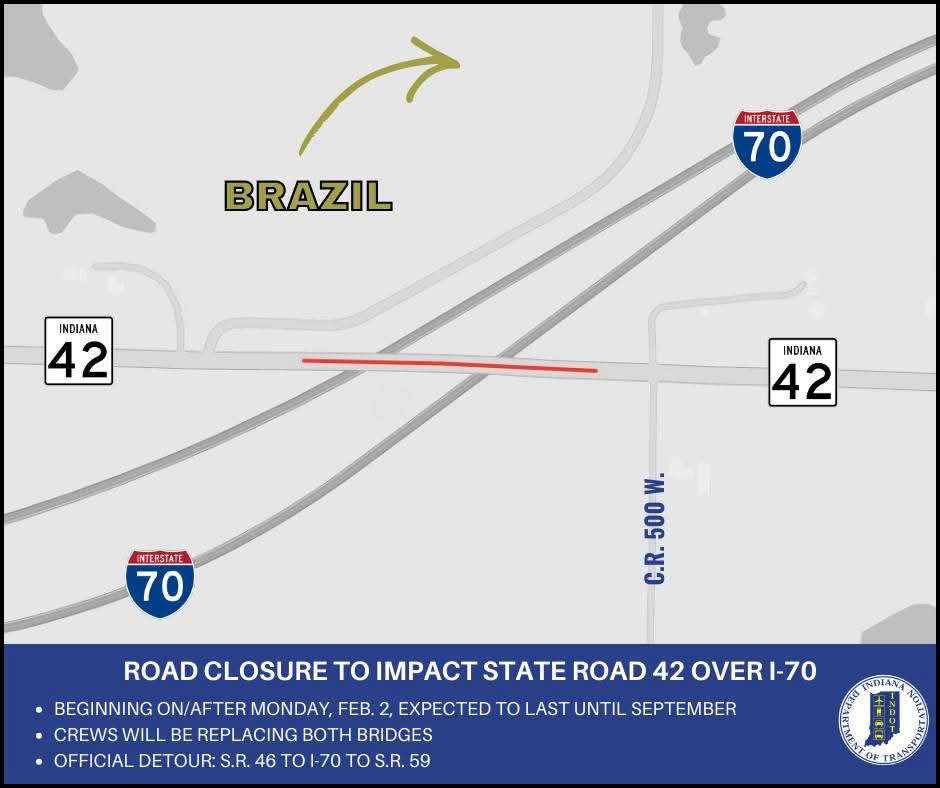 Bridge closures to impact State Road 42 over I-70 in Clay County
Bridge closures to impact State Road 42 over I-70 in Clay County




